TRAILER
SYNOPSIS
Homeless individuals in Oakland, CA, tell their struggles, experiences and hopes – in their own words – through cell phone footage. The film follows three individuals as they move from one site to the next, all while chasing the elusive miracle that will deliver them out of their current situation. The film is structured in three parts.
Part 1:
DJ, a former football player and musician, is currently living in his VW beetle across the street from a public park. DJ’s cellphone is our window into his universe, and it reveals a life on the streets, from encounters with the police to his struggles with addiction and complicated relationship with his family. Sitting in his beetle, DJ relives the past and tells us how he got here. He shares his real time experience as an unhoused African American man; we see the constant challenges he faces, and the strength needed just to maintain.
Part 2:
Billy, a Georgia native, finally made it to the Bay Area after embarking on a 5-year cross country voyage. Along the way, he and his wife, Jennifer, acquired several puppies; they now have 17 dogs. Billy supports his mentally and physically unwell wife – and many dogs – with the money he earns from panhandling. Eventually time catches up with them and they must abandon their dogs and soiled RV.
Part 3:
Maria lives in a massive encampment in East Oakland and is facing possible displacement. Maria has lived there for 5 years and has forged a strong sense of community with other residents during this time. Things go from bad to worse when Maria’s boyfriend, Juan, who is undocumented, is arrested and jailed at the height of the Covid-19 pandemic.
DIRECTOR’S STATEMENT
DJ Nyce, Billy and Maria, the main characters and co-directors of this film, and I are neighbors. They lives on the streets as so many of my neighbors do in my Oakland, California neighborhood. I wanted to expose a deeply taboo subject in American life: homelessness in one of the richest places on earth. The film exposes an increasingly rigid class system characterized by the cruel treatment of society’s most vulnerable citizens.


Today’s unhoused community is the most recent casualty in this age-old class war. This collaborative film was born out of our conversations in which they told me that they wanted to tell their own stories through art. I handed them a cellphone, gave them basic film training and they started documenting their life. To me, the cellphone is an effective weapon against persistent disinformation as its verité footage dispels demeaning stereotypes. I want audiences to connect directly with the film’s subjects as a human being and fellow neighbors.
Kyung Lee, Director


